Tom's Thoughts
Reading the Magic Treehouse graphic novel with my daughter I noticed some really nice pages, and thought I would point them out. Good visual communication and storytelling here!
I’ve been thinking about the ideas of Getting Seen and also Getting Good, and why we tend to worry about doing it in the “right” order. That is, we are so certain we have to be GOOD, BEFORE we are SEEN.
For anyone working on what feels like (or is) a "big idea" and not knowing how to start. OFTEN, a creator will make a small piece, not realizing it is about to become a bigger thing. This is great, and it's encouraged! Here are some examples:
I like to think that we can TRAIN the inner critc, first to become a NOTICER, and then, a SUGGESTER.
The Critic likes to ask, WHO DO YOU THINK YOU ARE?
But the critic has no idea who you are. The critic only knows who you're not.
The first mistake everyone makes when writing for comics...
Check out Course Lab's latest podcast featuring Tom Hart on "Drawing New Conclusions." "Many course topics are believed to be “unteachable” online. Tom Hart teaches one of them — cartooning. Not only that, his school operates as a nonprofit. But despite bucking conventional wisdom in both ways, Tom’s school has been comically successful."
Are you interested in finding out more about our 2023-2024 Comics Certificate Course? Join us on Zoom, Monday August 28 @ 2 PM EDT, for our SAW Certificate Course Live Q+A!
Don't miss our next *WE BELIEVE IN COMICS* SAW's Friday Night Workshop: Against the A.I. with Tom Hart @hutchowen this Friday August 25, 2023 @ 7PM EST. https://bit.ly/saw-tomhart
This will be a virtual roundtable discussing the possibility of graphic literature from the frame work of The Field Guide to Graphic Literature: Artists and Writers on Creating Graphic Narratives, Poetry Comics, and Literary Collage, Edited by Kelcey Ervick & Tom Hart
If you've ever loved an art form, you know what a plunge it is to engage in it.
I've loved songs my entire 50+ years, but have never ever tried to make them, not even a little. They just seemed magic and best left to the experts, kind of like football or mountain climbing. I'm just glad people are out there doing it; I knew I'll never be one of them, and it's ok…
My trip to University of Maine Farmington---
I had such a GREAT TIME at the University of Maine in Farmington. The fantastic writer Amy Neswald invited me up to give a workshop and a talk, and it was terrific.
“Make small things. Find friends to counter the “bad” voice.
Do "unimportant" things (like small things, fast things, like journal in the notebook things, single panels, just faces, etc.) - the critics tend to be quelled a little when they think what you are doing is unimportant…”
Check out Tom Hart's talk about Art and Artificial Intelligence on the Art for All podcast by Sketchbook Skool! Episode streams today.
Sally did the assignments, but she did them her way.
She argued with her instructors, but that was a form of listening.
And she took advantage of every tool around her at SAW, whether it was the pens, brushes, ink, and Bristol board, or our Risograph machines with the weird colors, and the goodwill around the school (and the frequent parties and art shows we would hold) and she made lots of STUFF with what she had, and made herself VISIBLE.
Tom has put together some of his reflections on the year that was and shared them across our many networks. Please read for yourself, and accept these good wishes for the end of 2021 and the new year to come! Happy comics making to you all!
A great post from Tom Hart on the conversation about art, and towards posterity.
Towards recognition.
Let Ourselves Shine! We are organizing ourselves into communities, and sharing our selves, the best we can. See more from this topic in our free online community full of thoughts about making art, why we make art, and more.
Values, Goals and Systems! A recent student in the graphic memoir group mentioned their "maladaptive systems", and how they're doing a memoir about them. And it got me thinking about the hierarchy --which I'm sure I heard somewhere, but I can't remember where-- of values, goals, and systems…
I was thinking more about this card duo. There are some more lovely interpretations. This is perhaps how we court our relationship with comics in general.
Recent post excerpt from SAW Founder and Instructor, Tom Hart, in our Six-Month Graphic Novel Intensive on keeping characters consistent… or not. A discussion about the two extremes and the in-between. Read more.
An article Tom Hart shared recently in our Graphic Memoir Intensive on GRIEF and how it affects us physically, mentally, and who we are. Check it out here.
We DO belong somewhere, but the "market" is cruel place. Very few belong there. I wouldn't recommend anyone try it, without a lot of research and planning, like wearing SCUBA gear… So, what should you focus on so you can sell your work?
I'm in Tom's Inner Critic course and tried my hand (and mind) at my Inner Critic interviewing me.
Have any of you tried it yet?
It was strange, but also very relieving. My inner critic is actually very easy to talk to!
I feel like thinking about these questions as if someone was actually asking me them and then answering them instead of just going straight into anxious mode helped me feel lighter. It was almost like self-therapy and it helped me detach myself from my inner critic.
Imposter syndrome, trouble drawing from my imagination, what do I have to offer, and time… does everyone deal with this?
Explore different types of narration in your comics, which styles do you tend to write in?
The Critic Asks:
“...Who do you think you are to try that, to do that, to attempt that, to show that...?
WHO DO YOU THINK YOU ARE?” But the critic has no idea who you are. The critic only knows who you're not.
Our 2021 6 Month Graphic Novel Development Intensive is in its infancy but students are already diving into the material full blast and sharing themselves and their work with the SAW community. Here are just two of the talented artists in the 2021 Graphic Novel Intensive showcasing work they already contribute to the comics world.
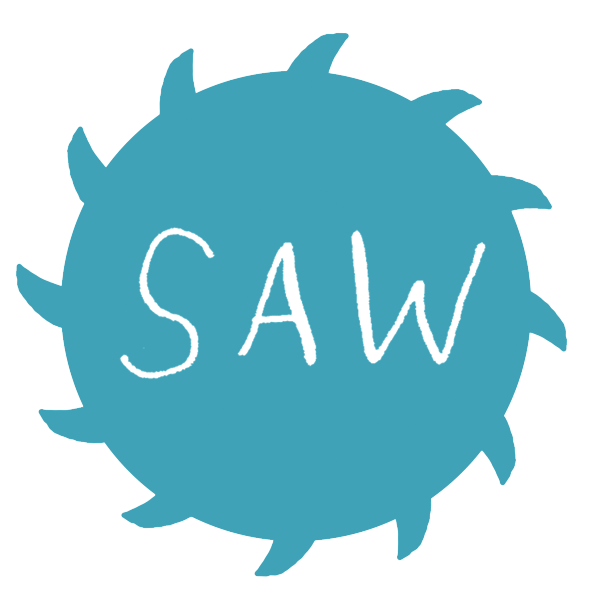
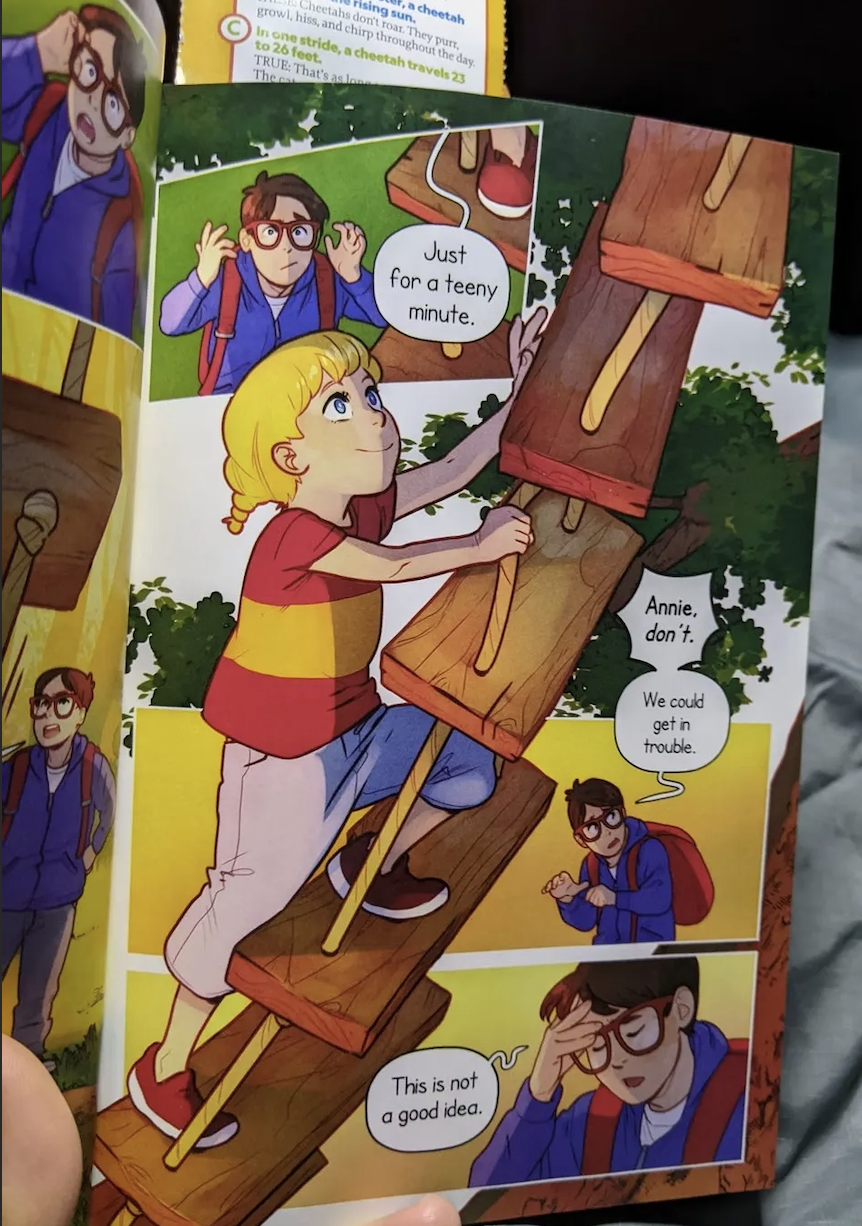


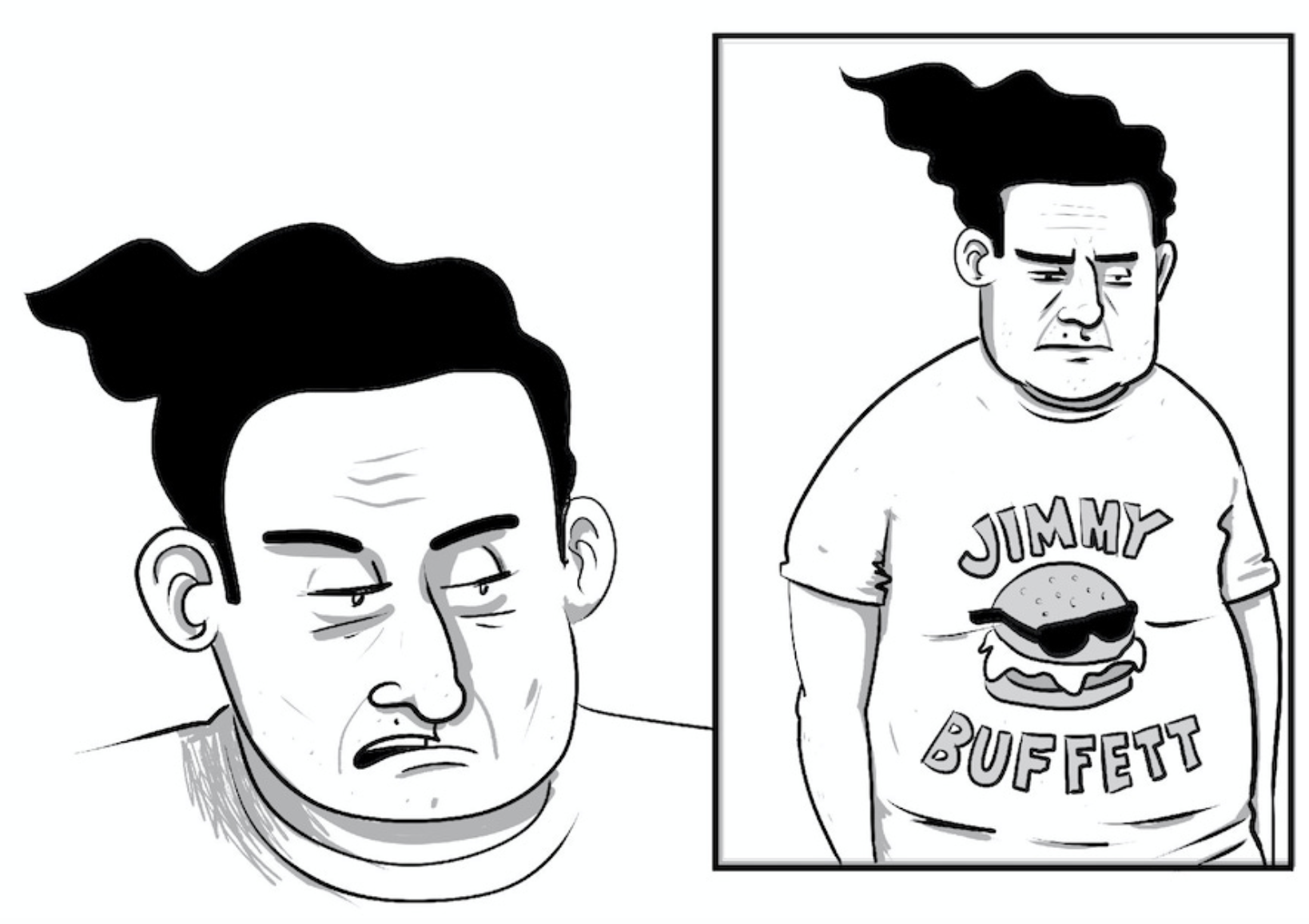






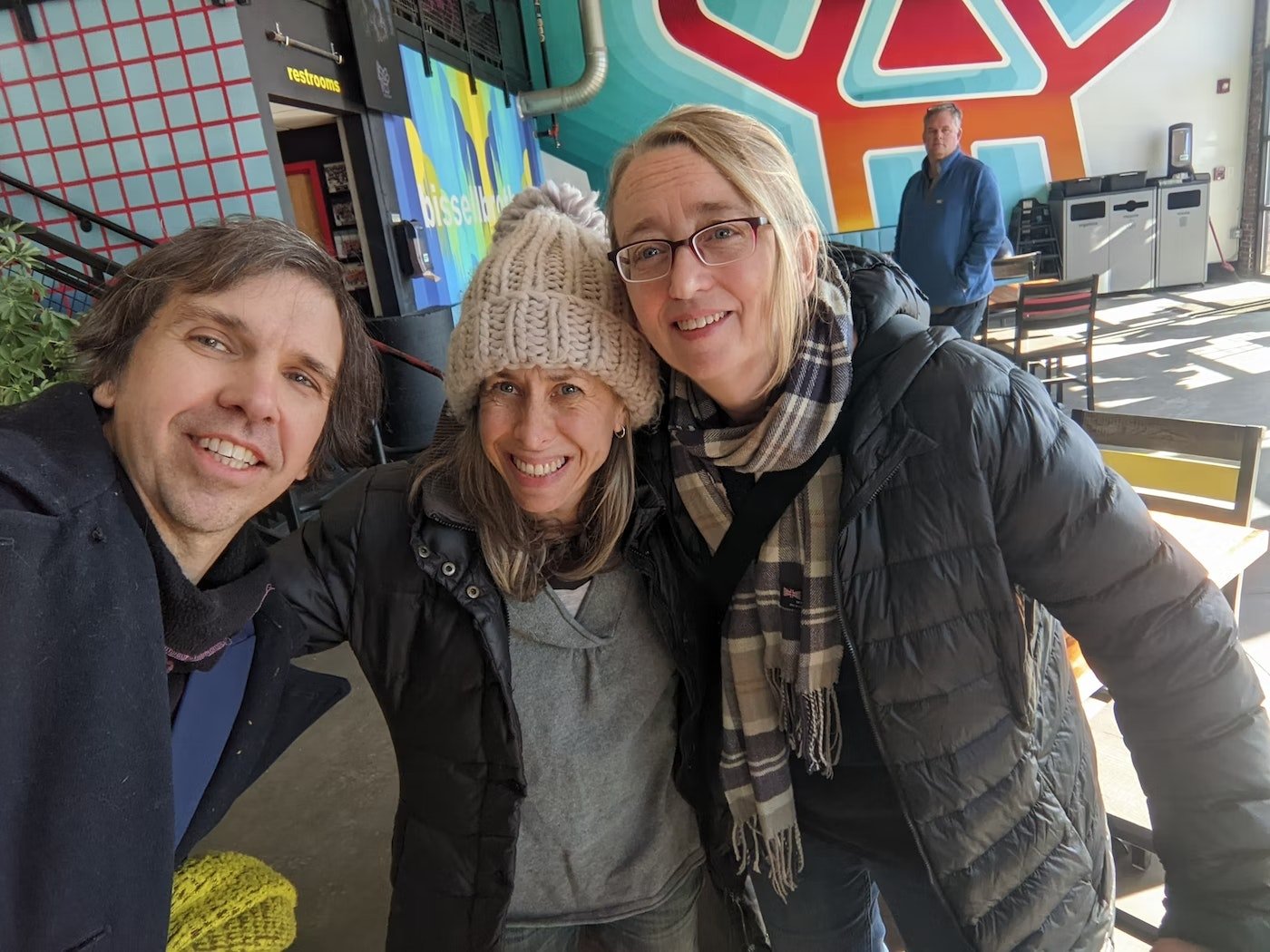



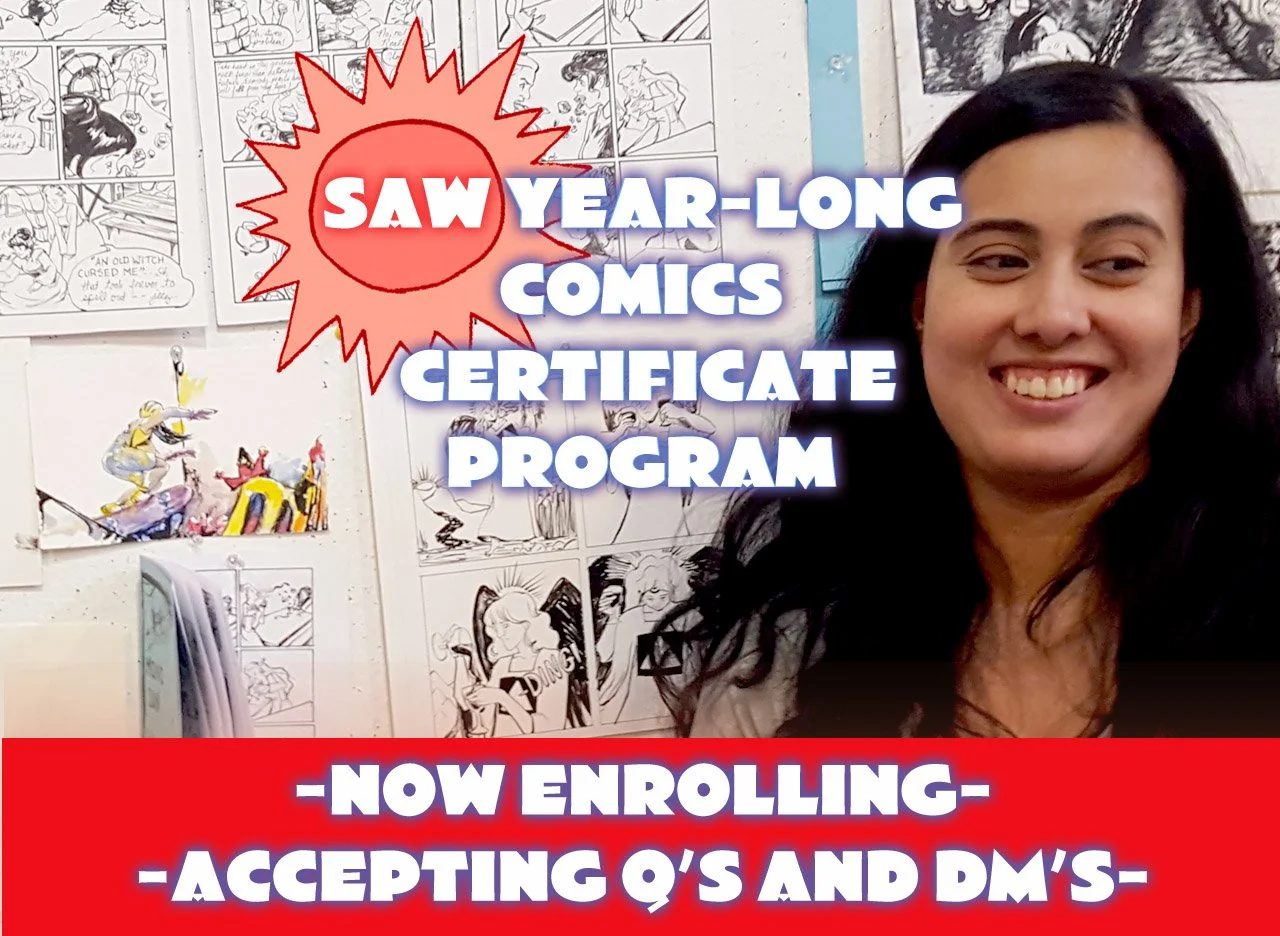













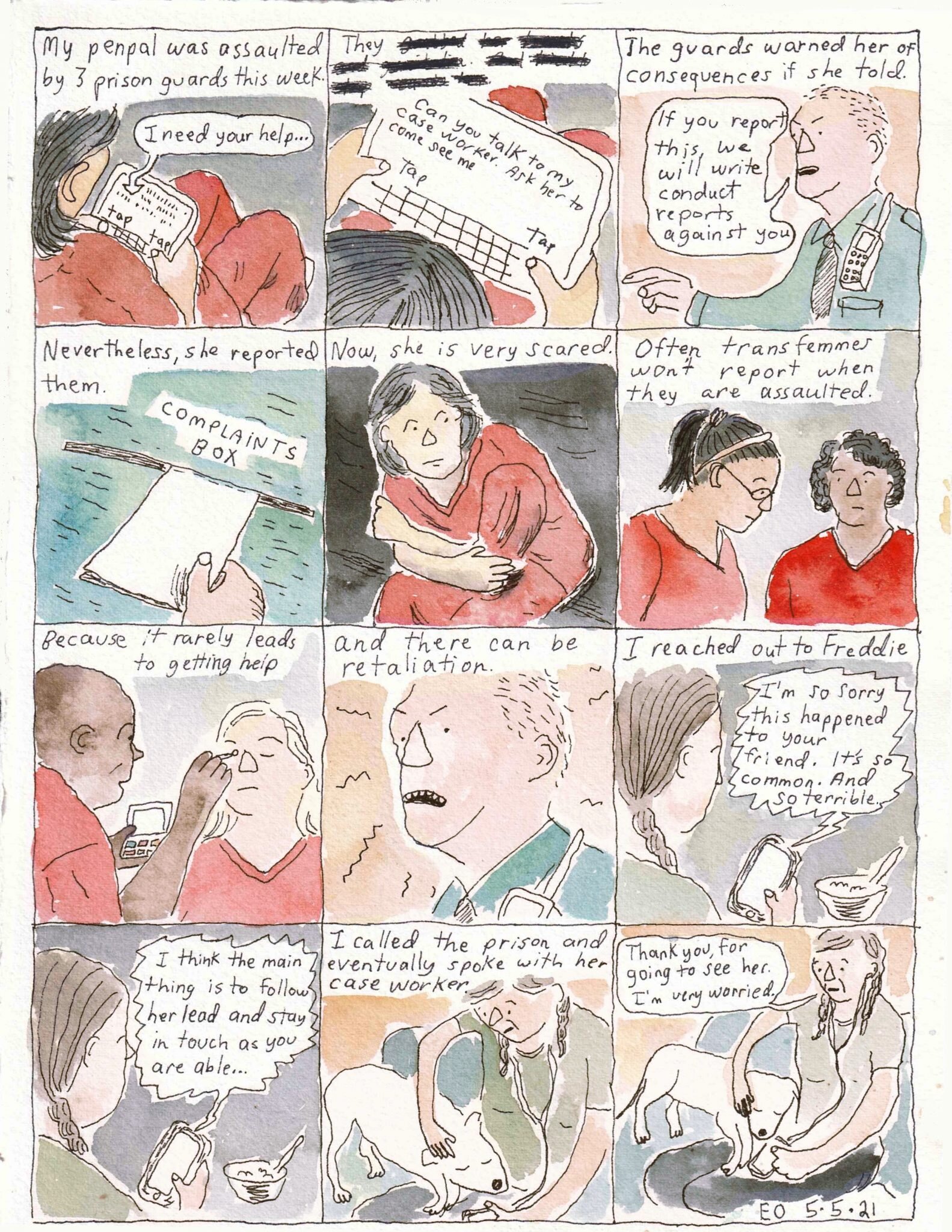
How can we train our inner critic to use neutral language?